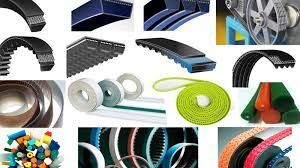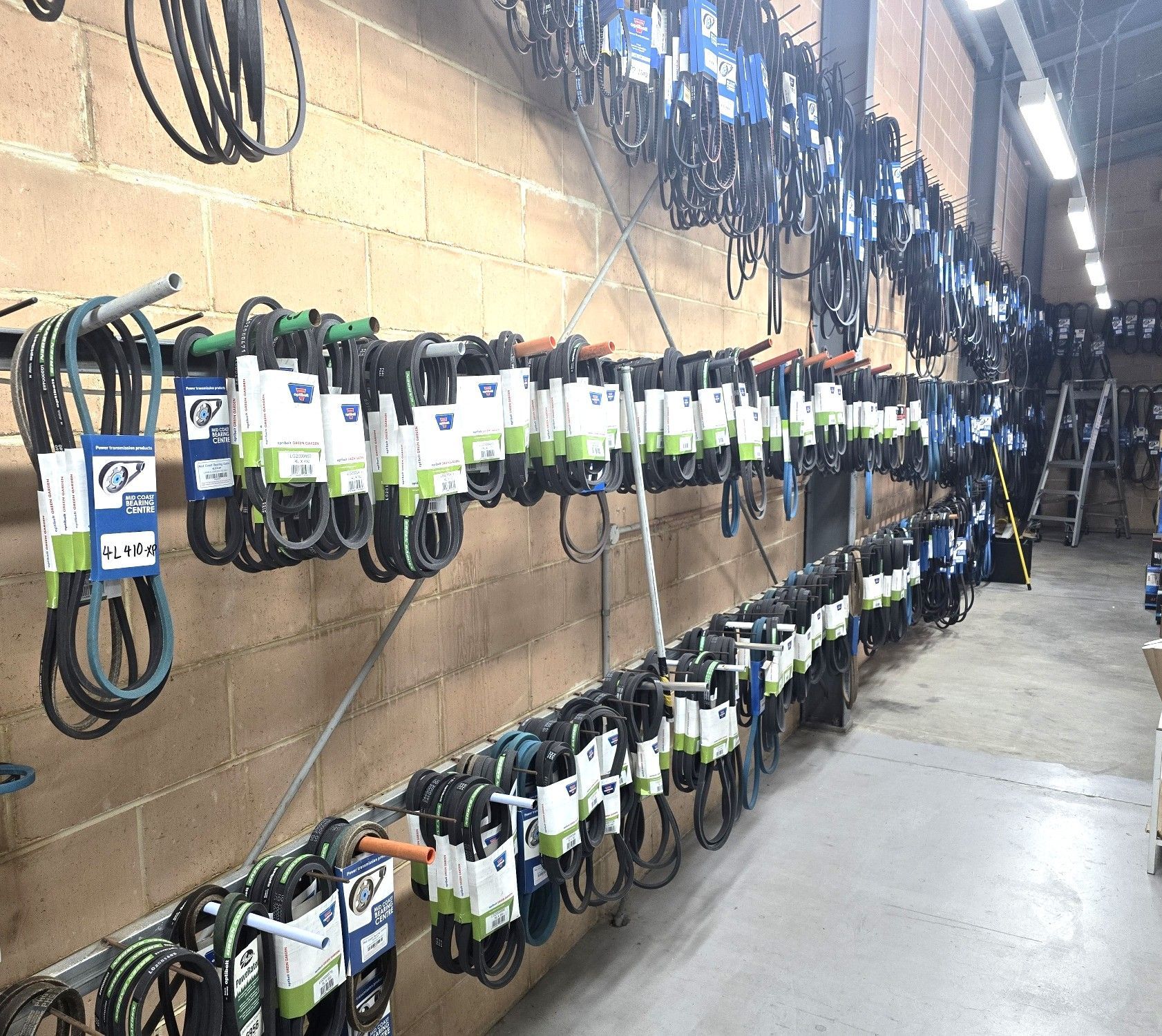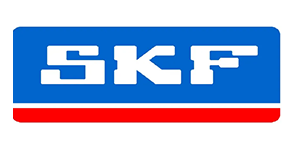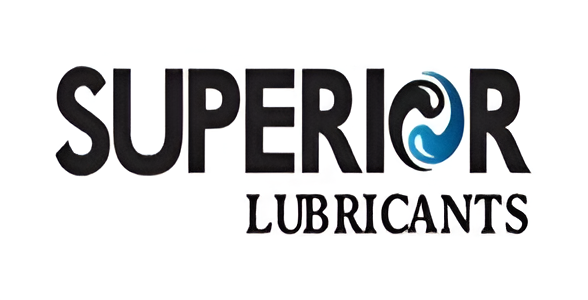Strong & Reliable Pulley in Forster
- Fast delivery across the Mid North Coast
- Stocked with trusted, quality brands
- Knowledgeable, hands-on customer support
Request a call back In Forster
Thank you for contacting Mid Coast Bearing Centre.
We will get back to you as soon as possible.
Oops, there was an error sending your message.
Please try again later.
Forster Pulley
If you're after a quality pulley in Forster, Mid Coast Bearing Centre is your trusted local supplier. With decades of experience and a strong reputation throughout the Mid North Coast, we provide a wide range of durable pulley systems to suit machinery used in agricultural, automotive, and industrial settings.
Our team understands the specific challenges local businesses face and offers pulley options that deliver smooth performance and long-lasting results. Whether you need a V-belt pulley, timing pulley, or an idler for belt tensioning, we stock reliable components that help keep your equipment turning efficiently.
Every product is sourced from trusted manufacturers and tested to meet demanding work conditions. Customers in Forster choose us for our friendly advice, prompt service, and commitment to getting the job done right. We help you match the correct pulley to your application without the guesswork.
For expert support and fast supply, contact our team today on 02 6552 3699.
Reliable Pulleys for Local Machinery
In Forster, having the right pulley makes all the difference in keeping your machinery reliable and efficient. At Mid Coast Bearing Centre, we take the time to understand your setup and supply a pulley that fits your specific load requirements, alignment, and drive system.
Our range includes standard, multi-groove, taper-lock, and precision-machined pulleys, all suited to equipment operating in tough environments. We consider factors like shaft diameter, belt compatibility, and RPM to help you avoid breakdowns and maintain smooth operation.
For customers needing a quick replacement, we offer fast turnaround and local delivery across Forster. Our team is known for being approachable, solution-focused, and easy to work with—providing support that saves time and money.
Whether you’re running a worksite, workshop, or farm, we’ll help you keep your gear moving with minimal disruption. Choosing the right pulley doesn’t need to be complicated, and we’re here to make it simple.
What are the main types of pulleys and how are they used?
There are several types of pulleys, each designed for specific applications. V-belt pulleys are among the most common and are used to transmit power in automotive engines, HVAC systems, and industrial machines. Their grooved design grips the V-shaped belt for efficient power transfer with minimal slippage. Timing pulleys have teeth that match with timing belts to provide precise, synchronised movement—ideal for engine timing systems and automation. Idler pulleys are used to guide or tension a belt without directly transmitting power, helping maintain alignment and reduce slack. Flat pulleys are used in systems requiring high-speed, low-load operation, while multi-groove pulleys are used in compact systems where a single pulley needs to drive multiple belts. The right pulley depends on load, speed, space, and belt type.
How do I choose the correct pulley for my machine?
Choosing the right pulley starts with identifying your belt type (V-belt, timing, or flat), as each requires a matching groove profile. Next, consider the shaft diameter and bore size to ensure a proper fit. You’ll also need to know the pulley diameter and number of grooves or teeth, which will affect the speed and torque of the driven component. The material of the pulley—such as aluminium, cast iron, or steel—should be chosen based on load and environmental exposure. For example, aluminium is lightweight and corrosion-resistant, while cast iron is durable for heavy-duty applications. When in doubt, it's best to consult your equipment manual or measure the existing pulley for size, pitch, and fitment details. Matching all these specs helps ensure smooth operation and long equipment life.
What causes pulleys to fail or wear out?
Pulleys can fail due to several common issues, including belt misalignment, overloading, improper tension, and poor maintenance. When belts are too tight or too loose, they place extra strain on the pulley and shaft, causing uneven wear or slippage. Misalignment between pulleys can lead to friction, edge wear, or belt throwing. Dirt, dust, and moisture can also accelerate wear, especially in outdoor or industrial environments. Pulley grooves may become worn or damaged over time, which reduces belt grip and increases the risk of system failure. In some cases, worn bearings inside idler pulleys or tensioners can cause the pulley to seize. Regular inspections, correct installation, and maintaining the right belt tension can all help prevent early pulley wear.

















